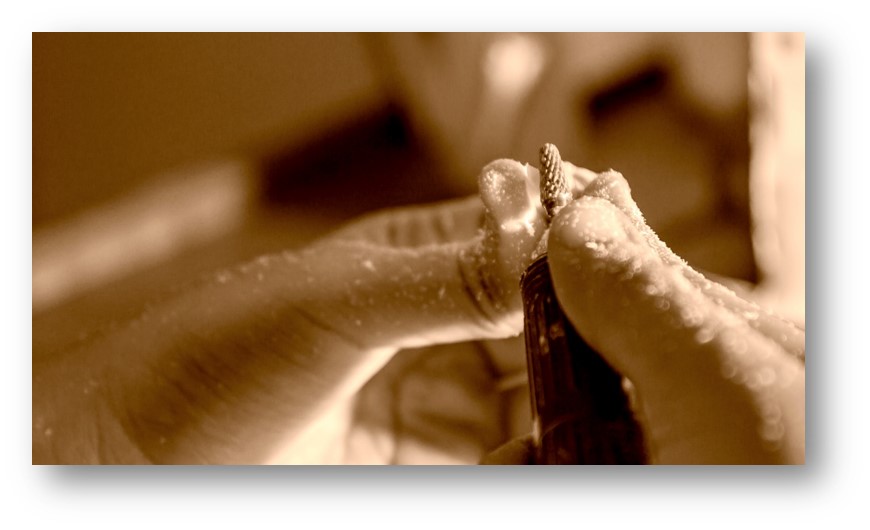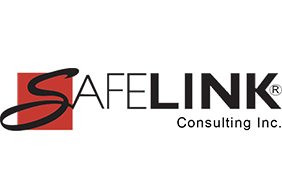OSHA's Respirable Crystalline Silica standard for general industry and maritime requires employers to limit worker exposures to respirable crystalline silica and to take other steps to protect workers. Compliance was effective in 2018. Among other things, the standard requires employers to:
• Assess employee exposures to silica if it may be at or above an action level of 25 µg/m3 (micrograms of silica per cubic meter of air), averaged over an 8-hour day;
• Protect workers from respirable crystalline silica exposures above the permissible exposure limit (PEL) of 50 µg/m3, averaged over an 8-hour day;
• Limit workers' access to areas where they could be exposed above the PEL;
• Use dust controls to protect workers from silica exposures above the PEL;
• Provide respirators to workers when dust controls cannot limit exposures to the PEL;
• Use housekeeping methods that do not create airborne dust, if feasible;
• Establish and implement a written exposure control plan that identifies tasks that involve exposure and methods used to protect workers;
• Offer medical exams - including chest X-rays and lung function tests - every three years for workers exposed at or above the action level for 30 or more days per year;
• Train workers on work operations that result in silica exposure and ways to limit exposure; and
• Keep records of exposure measurements, objective data, and medical exams.
General industry and maritime employers were to comply with all requirements of the standard by June 23, 2018, except for the following:
• Medical surveillance must be offered to employees who will be exposed at or above the action level for 30 or more days a year starting on June 23, 2020. (Medical surveillance must be offered to employees who will be exposed above the PEL for 30 or more days a year starting on June 23, 2018.)
• Hydraulic fracturing operations in the oil and gas industry must implement engineering controls to limit exposures to the new PEL by June 23, 2021.
Get help in developing your health and safety program. Learn more by taking an online course about safely managing silica exposure.
Safely Managing Silica Exposure for the Dental Environment: Silica is present in a number of products used in dentistry and now there’s strong evidence the former exposure limits do not adequately protect worker health. In response, for the first time in 40 years, OSHA has issued new silica standards. This course will provide a clear understanding of the new OSHA silica standards, discuss the health effects of over-exposure to silica, determine the routes of exposure in the dental environment and how to control exposure, plus give guidance on the development of the required written Silica Exposure Control Plan. The deadline for employer compliance with the new 1910.1053 Respirable Silica Standard is June 2018. Take this online course to learn more presented by Chris Salmasi, a Safety Compliance Advisor and an Authorized Construction & General Industry OSHA Outreach Trainer.
Need an employee Health and Safety Manual for your business to assist in meeting OSHA requirements? Contact SafeLink Consulting for customized safety programs specific to your industry.
Learn more about what SafeLink Consulting can do to help your business with compliance services, including safety compliance, to meet OSHA training requirements and quality system consulting to meet FDA compliance. SafeLink Consulting assists businesses with workplace safety training, infection control training, HIPAA training online, quality systems, assessments, audits, due diligence, and more.
Industries include:
Dentistry compliance - assisting the dental practice with meeting requirements for OSHA, HIPAA, EPA, and CDC guidelines, patient safety and employee health & safety
Dental Laboratory compliance - assisting the dental lab with meeting requirements for OSHA, FDA, and CDC guidelines, employee health & safety, plus FDA requirements for lab manufacturing custom implant abutment /gmp for medical device manufacturers
Medical Device Manufacturers compliance - assisting with meeting OSHA compliance & FDA requirements, GMP - good manufacturing practices
General Industry compliance - assisting with OSHA compliance and FDA compliance as it pertains to the specific business
Beverage Industry compliance - assisting beverage businesses such as the craft brewery, winery, cidery, distillery, vintner with meeting OSHA compliance, health & safety, FDA requirements / GMP - Good Manufacturing Practices
Get notification when new regulatory compliance training courses are available plus upcoming news and events by subscribing to our email news.








Leave Comment